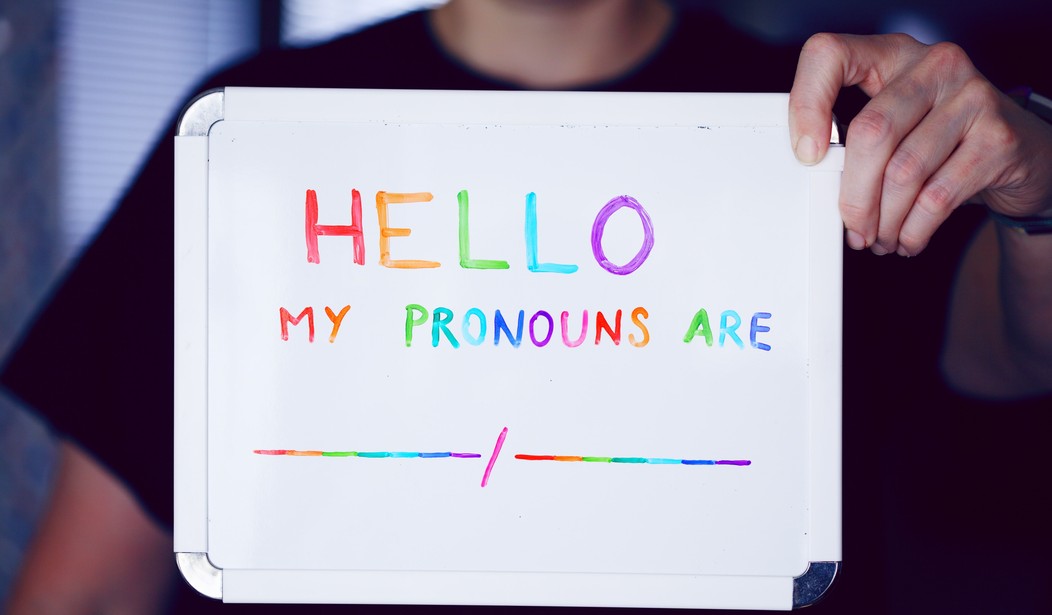The Supreme Court has decided finally to wade into the treacherous waters of the national debate over transgender ideology and the effort to promote gender ideology to children. The court has agreed to chime in on how far states can limit “gender-affirming care” for children suffering from gender dysphoria.
This case will be the court’s first involving the gender debate.
If the judges rule in favor of protecting children, then medical facilities might no longer be able to perform “gender-affirming” surgeries on minors. However, even if such a ruling came down, the gender wars would still be far from over.
The vehicle for the Court examining the practice of "gender transition" surgery is a Tennessee law imposing a total ban on the surgical mutilation of children who claim to have gender dysphoria. A group of parents and children challenged that law. The law was blocked by a federal district court judge but upheld by the Sixth Circuit Court of Appeals.
Though opponents of these commonsense laws have succeeded at the district court level, they have lost three times at the Circuit Court level — the Sixth, Seventh, and Eleventh Circuits. The Supreme Court did intervene to set aside a Ninth Circuit injunction against an Idaho law banning transgender surgery.
The court will hear a Biden administration appeal of a ruling that upheld Tennessee’s law. Oral arguments are expected to be heard in the court’s next term, which begins in October and ends in June 2025.
Chase Strangio, a lawyer working with the American Civil Liberties Union (ACLU), said, “The future of countless transgender youth in this and future generations rests on this Court adhering to the facts, the Constitution and its own modern precedent.”
On the other hand, Tennessee Attorney General Jonathan Skrmetti released a statement in which he said he looks “forward to finishing the fight at the United States Supreme Court” and that the case “will bring much-needed clarity to whether the Constitution contains special protections for gender identity.”
To be clear, if the Supreme Court rules in favor of protecting children, it would certainly be a welcome move. It would stop medical professionals with dollar signs in their eyes from performing irreversible surgeries that the patient would likely regret after becoming an adult. Indeed, the rise of the detransitioners shows that these procedures are not nearly as harmless as the pro-trans lobby makes it sound.
However, it is important to remember that “gender-affirming” surgery among minors is still relatively rare. Between 2019 and 2021, it is estimated that about 776 children with gender dysphoria had breast removal surgeries, while 56 underwent genital surgeries. A little less than 1,100 kids underwent surgical treatments between 2016 and 2019.
While minors receiving surgery are a small percentage of those suffering from gender dysphoria, it remains important to ensure that these individuals are not subject to these invasive treatments before becoming adults.
A favorable Supreme Court ruling would not affect the use of puberty blockers and hormones on children, which have been shown to have some severe consequences for those taking them. Between 2017 and 2021, at least 4,780 adolescents were placed on puberty blockers. About 14,726 children began hormone therapy during that same time period.
Puberty blockers are typically administered to children who are about to go through puberty at the ages of 10 or 11. They suppress the release of sex hormones, which can delay natural development, including breast development, deepening of the voice, and other changes. The supposed aim is to delay the onset of puberty long enough for the child to make a definitive choice as to their gender ideology.
Hormone treatments include the prescription of testosterone for trans-identified females and estrogen for males. This promotes physical changes that are supposed to align with the child’s chosen gender identity.
Proponents of the method argue that these treatments are reversible and that those who choose to remain as their birth sex can simply stop taking them and go through puberty as normal. However, various studies have concluded that this process is far riskier – especially after the child becomes an adult.
Those concerned about the gender agenda still have a long way to go before children are finally protected from those seeking to foist questionable medical treatments on them for profit.













